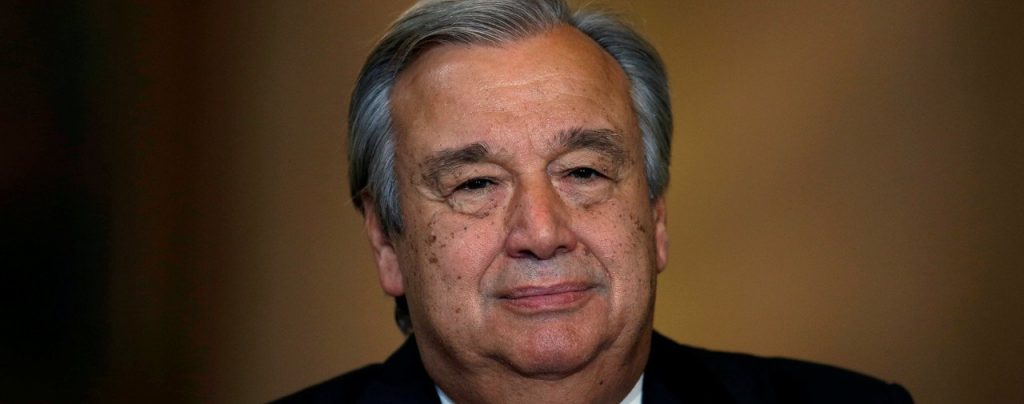Following today’s, colour-coded straw poll, in which António Guterres was the only candidate with more than nine “encourage” votes and received no red ballot as a “discourage” vote, which would indicate a possible veto in a formal vote, the Council will vote tomorrow morning in a closed meeting on a resolution recommending Guterres as the next Secretary-General.
Council members will first have consultations where they are expected to agree on the candidate to recommend to the General Assembly as the next Secretary-General. At this meeting members will also consider drafts of:
• the resolution on the recommendation;
• the communiqué to be issued after the vote held in a private meeting format (in accordance with rule 55 of the Council’s provisional rules of procedure); and
• the draft letter communicating the Council’s decision to the president of the General Assembly.
Council members will then move to the Council chamber to vote on the recommendation resolution in a private meeting.
Chart: Outcome of Sixth Straw Poll (with colour-coded ballots)
The results of today’s colour-coded ballot clearly showed that there was only one candidate—Guterres—who is likely to receive more than nine votes and no veto in a formal vote. All the other candidates had fewer than nine votes, as well as between one or more potential vetoes. This prompted an unusual press stakeout with all 15 Council members present, where Russia, as president of the Council this month, announced “Today after our sixth straw poll we have a clear favourite and his name is António Guterres”.
If there had been more than one possible candidate, before adopting a resolution recommending a candidate to the General Assembly, the Council might have needed to vote in a secret ballot on the candidates. However, with only one candidate going forward to the formal vote, members have agreed that the Council will proceed directly to adopting the resolution recommending Guterres by acclamation. This was the same process used for both Kofi Annan (1996) and Ban Ki-moon (2006) when they were recommended by the Council.
It seems that the draft resolution tomorrow will contain language specifying in the recommendation a five-year term for Guteres (starting on 1 January 2017). With the quick turnaround between today’s colour-coded straw poll and the formal vote tomorrow morning, Council members who may have been interested in discussing alternative language or not including language on the issue of term length, are unlikely to push for changes. However, it is still possible that the issue of the term of office of the Secretary-General could be a point of discussion in the preparation of the General Assembly’s appointment resolution. The Office of the President of the General Assembly is currently consulting with member states on the best way forward with the appointment resolution, in the knowledge that some members have expressed the desire to include language on such matters as the term of office of the next Secretary-General and the appointment of senior officials.
In terms of next steps, the process will move to the General Assembly, with an adoption of a resolution possible as early as next week. Article 97 of the UN Charter states “the Secretary-General is appointed by the General Assembly upon the recommendation of the Security Council”. Rule 141 of the General Assembly’s rules of procedure stipulate that when the Council has submitted its recommendation on the appointment of the Secretary-General, the General Assembly shall consider the recommendation and vote upon it in a private meeting. In practice however, the General Assembly has never held a private meeting, and since 1971 it has not taken a vote by secret ballot, with recent resolutions being adopted by acclamation.
